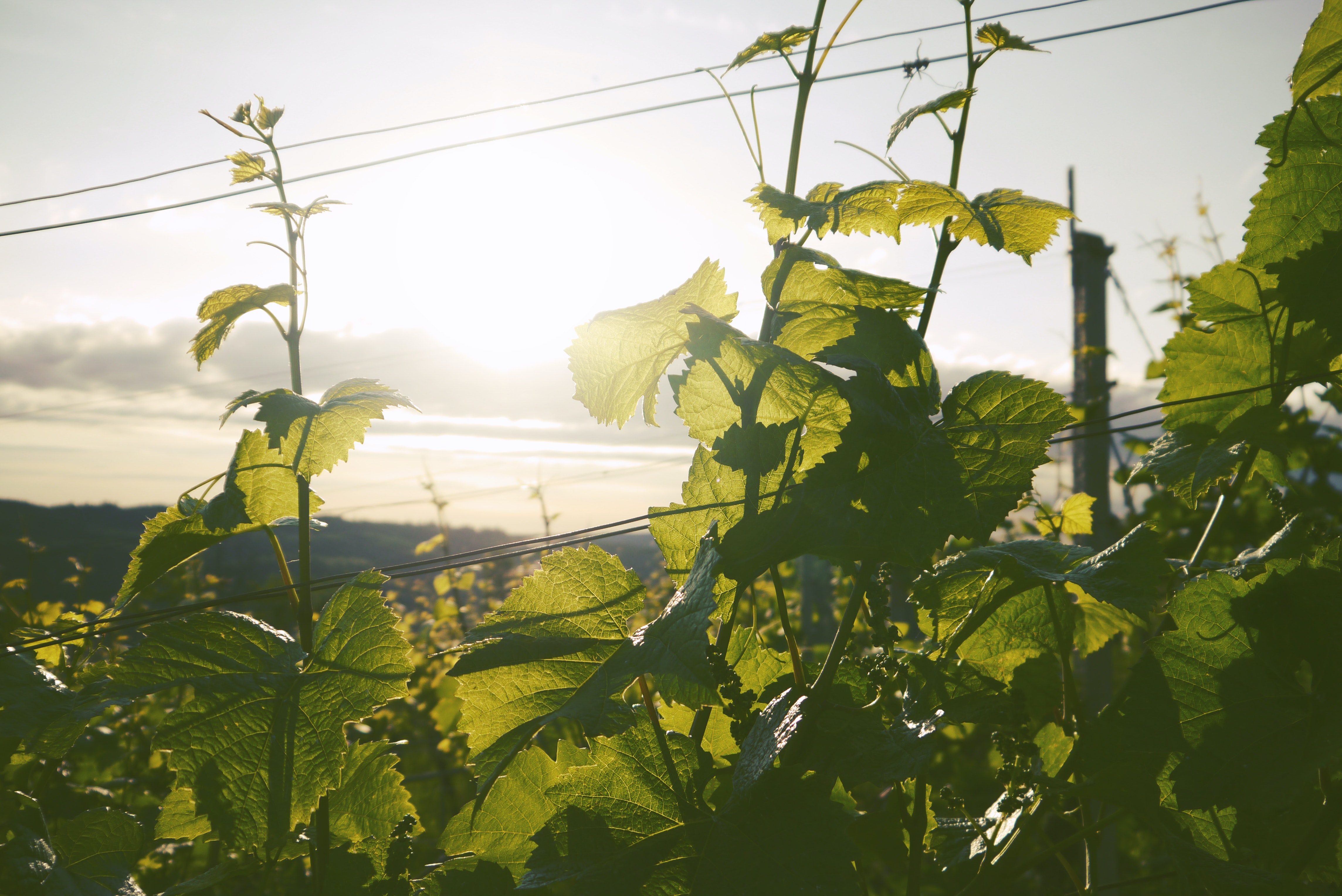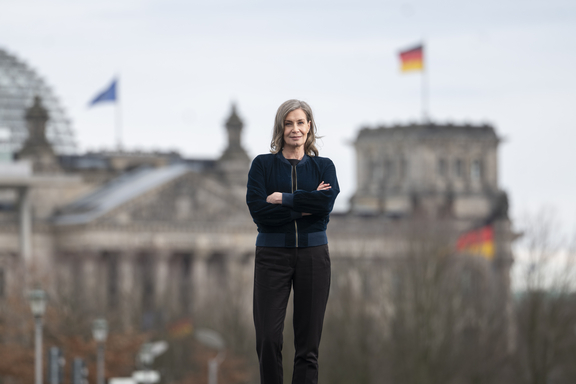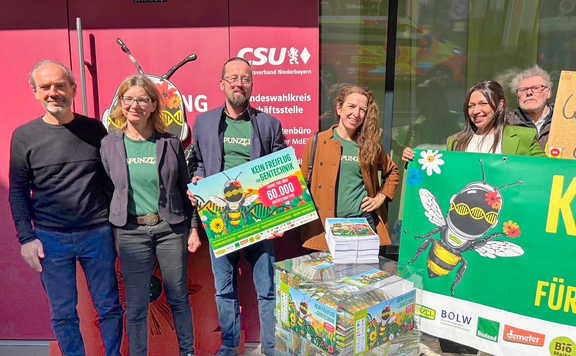*english version below*
Die jüngsten Unwetterereignisse und der Bericht des Weltklimarates (IPCC) verdeutlichen: Die Landwirtschaft wird sich auf mehr Dürreperioden und Starkregenereignisse einstellen müssen. Gerade in nassen Jahren ist das in Dauer- und Spezialkulturen eine anspruchsvolle Aufgabe für die Betriebe, besonders hinsichtlich der Kupferminimierung. Welche Innovationen die Minimierung vorantreiben können und wie die Politik bei der Transformation unterstützen kann, diskutierten der BÖLW, IFOAM Organics Europe und das Julius Kühn-Institut mit Akteuren aus Forschung, Industrie, Praxis und Politik im Rahmen der6. Europäischen Online-Fachtagung zu Kupfer als Pflanzenschutzmittel:
Tag I: Am 17. November präsentierten die Bio-Verbände ihr aktuelles Kupfer-Monitoring, außerdem diskutierten Politik und Praxis zum Thema "Kupfer als Pflanzenschutzmittel in der Politik – Neuer Rücken- oder Gegenwind?".
Tag II: Uns erreichten diverse Anfragen zur Präsentation von Praxisversuchen, Produkt- und Strategieinnovationen bezüglich der Minimierung des Kupfereinsatzes, welche am zweiten Tag der Konferenz, dem 18. November, vorgestellt und diskutiert wurden.
Die Veranstaltung richtete sich an Personen aus der Praxis, Fachbehörden, Wissenschaft und Beratung mit den Arbeitsfeldern Obst-, Wein-, Kartoffel-, Gemüse- und Hopfenbau. An beiden Tagen nahmen über 100 Personen an der Tagung teil und tauschten sich mit den Referentinnen und Referenten auf Deutsch und Englisch aus.
Recent severe weather events and the Intergovernmental Panel on Climate Change (IPCC) report make it clear: Agriculture will have to prepare for more droughts and heavy rain events. Especially in wet years, this is a challenging task for farms in permanent and specialty crops, especially in terms of copper minimization. Which innovations can drive minimization and how policy can support the transformation were discussed by BÖLW, IFOAM Organics Europe and the Julius Kühn Institute with stakeholders from research, industry, practice and policy at the 6th European Online Symposium on Copper as a Crop Protection Product:
Day I: On November 17, organic associations presented their current copper monitoring, and policy makers and practitioners also discussed the topic "Copper as a plant protection product in politics - New tailwind or headwind?".
Day II: We received various requests to present practical trials, product and strategy innovations regarding the minimization of copper use, which were presented and discussed on the second day of the conference, November 18.
The event was aimed at people from practice, technical authorities, science and consulting with the working fields of fruit, wine, potato, vegetable and hop production. On both days, more than 100 people attended the meeting and exchanged views with the speakers in German and English






